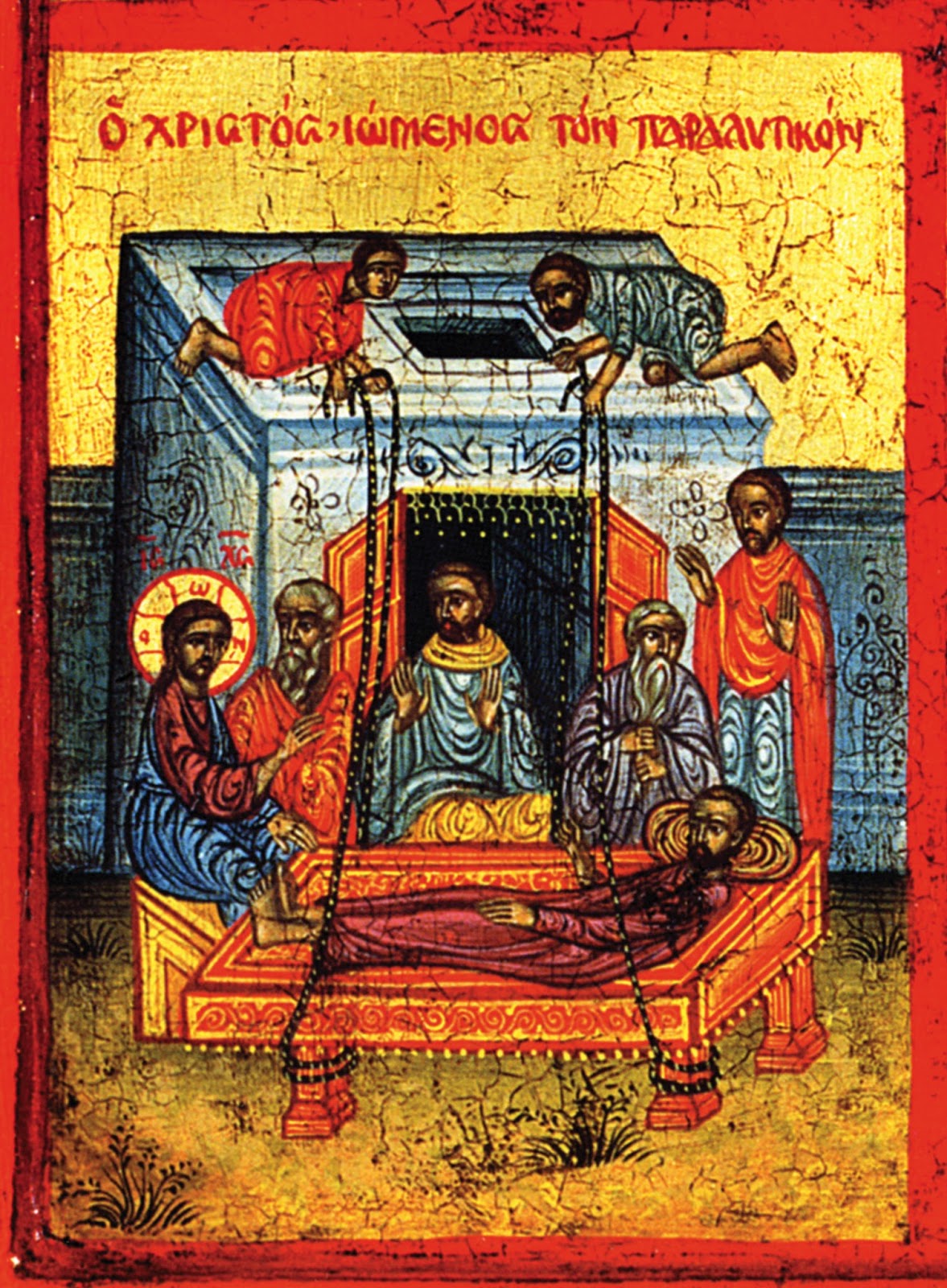SOME YEARS AGO, IN SEARCHING FOR A CHRISTMAS IMAGE to have printed on a card, I came across this painting of the "Christ Child" by Francisco Zurbaran. In looking at the image for days, I thought to write a litany prayer to the Child Jesus and shared the idea with Yuri, my artist- friend and colleague. Clearly familiar with Zurbaran's work, Yuri said to me, "You know, Zurbaran has also painted the little Mary." Both images are housed in different Russian museums.
So here's the Litany to the Christ Child I wrote. The other litany before Zurbaran's Childhood of the Virgin will follow on this blog in a couple of days. My hope is that in offering these images and prayers we'll be helped to slow down, to look deeply, to consider and to pray. We might write our own poems or prayers after some time. They needn't be long. Prayer should be short and heartfelt.
Who is the artist? Francisco Zurbaran was born in Fuente de Cantos in 1598, in Spain, into a family of merchants. He was trained as a professional painter in Seville in the workshop of Pedro Diaz da Villanueva. Afterwards he returned to his birthplace to paint a large number of religious images for churches and monasteries.
He became the leading artist in Seville, where he settled in 1629, creating paintings for altars and frescoes for monasteries. Frescoes are wall paintings done rather quickly on damp plaster. In 1630-45 Zurbaran distinguished himself as a portrait painter, executing numerous paintings of saints. One source describes his style this way: With massively simple figures and objects, clear, sober colors and deep solemnity of feeling expressed in thickly applied paint, he was an ideal painter for the churches of Spain.
When Murillo arose as the popular Spanish painter, Zurbaran's fortune fell. In order to support himself, in 1658, he moved to Madrid where he became an art dealer. He was apparently not a very good businessman, as he died there in poverty in 1664.
As the prayer grows out of considering the painting, I might suggest spending some time with the image in silence first.
Savior Child, take me up into your shepherd arms.
Savior Child, you come to our rescue with cross and blessing.
Savior Child, heaven's answer to our desire to be saved.
Savior Child, who answers questions we hardly know to ask.
Savior Child, you love and bless our world as you find it.
Savior Child, with welcoming arms you are receptive to our concerns.
Savior Child, God coming to stand with us on our earth.
Small Jesus, Mary's boy: guileless, joyful and good.
Small Jesus, God's embracing us in our self-destruction.
Small Jesus, smiling at the yet-to-be disclosed secret of our salvation.
Small Jesus, heaven's opening to all.
Small Jesus, though we have used and abused you, you love us.
Small Jesus, visitor in our un-knowing.
Small Jesus, coming on parted clouds to be at home with us.
Infant Jesus, God's creative power in your tiny hand.
Infant Jesus, coming to us from the world of light.
Infant Jesus, no stranger to us in our need and weakness.
Infant Jesus, that we might imagine new possibilities of mind and heart.
Infant Jesus, in our despair and depression - like the renewing sun.
Infant Jesus, whose robe is ample; restore my own lost robe of innocence.
Infant Jesus, loving us as we may become.
Holy Child, God come to us now in visible form.
Holy Child, into whose abyss of mercy, sins are lost.
Holy Child, I can only wonder at your gifts.
Holy Child, in the full communion of your face.
Holy Child, with love greater than our foolishness.
Holy Child, whose knowledge dispels human ignorance.
Holy Child, whose hands teach us compassion.
Child Jesus, dry our bitter tears.
Child Jesus, the story of my life is tangled; guide me.
Child Jesus, life where fear and death once reigned in me.
Child Jesus, God's alluring love so close, I might miss it.
Child Jesus, we chased you away, but you returned.
Child Jesus, who never abandons, but leads us to all that is good.
Child Jesus, born in the pained land of Iran, Iraq, Lebanon, Afghanistan.
You came to us as little, Jesus, so we would be quick to love you.
You came to us as little, Jesus, so that we would take delight in you.
You came to us as little, Jesus, so our first experience of you would be God's smile.
You came to us as little, Jesus, so we would know God shares our vulnerability.
You came to us as little, Jesus, so we would value human growth.
You came to us as little, Jesus: gospel of surprise.
Christ Child, your first guests were shepherds.
Christ Child, with the cross, not a sword: free us from patterns of destruction.
Christ Child, heaven befriending us.
Christ Child, God becoming human; may we become human too.
Christ Child, restore joy and hope in us.
Christ Child, no more boy-soldiers.
Christ Child, an end to boy-slavery.
Almighty God and Father of light,
a child is born for us and a son is given to us.
Your eternal Word leaped down from heaven
in the silent watches of the night,
and now your Church is filled with wonder
at the nearness of her God.
Open our hearts to receive his life
and increase our vision with the rising of dawn,
that our lives may be filled with his glory and his peace
who lives and reigns forever and ever.
Amen.
Collect for the Christmas Mass at Dawn
Zurbaran, Francisco (1598-1664) Christ Child
Photo Credit: Scala / Art Resource, New York

















